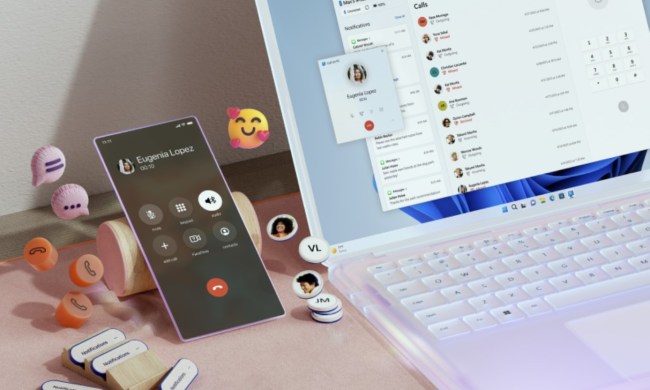One of the picks for this year’s CES 2021 Innovation Awards is a smart hearing aid that uses artificial intelligence to improve the audio experience in a couple of crucial ways.
Among the improvements the Widex Moment makes to conventional hearing aids is reducing the standard sound delay experienced by wearers from 7 to 10 milliseconds seconds down to just 0.5 milliseconds. This results in a more natural sound experience for users, rather than the out-of-sync audio experience people have had to settle for up until now.
The Widex Moment hearing aid also uses A.I. machine learning to discover and adapt to how users want to hear the world around them — for instance, having different personalized settings for rooms of their house or, say, for when they’re at work versus being in the supermarket. These can be easily set using simple A/B comparisons and millions of user settings stored in the cloud. The purpose is to craft an individual hearing experience for users, based on context, content, and intent.

The hearing aid of the future, right now
“Everyone’s hearing preferences are different, and the purpose of our artificial intelligence is to personalize sound for each wearer to create a better overall experience,” James Martin, director of audiological communication at Widex, told Digital Trends. “By applying artificial intelligence, a hearing solution learns how users prefer various listening environments and gives them greater control over their hearing experience. For example, a wearer may have a different preference when in a noisy restaurant trying to have a conversation than when they are walking in the park alone.”
While this year’s all-digital CES, which commenced Monday and runs through Thursday, is full of innovative futuristic technology, accessibility tools such as this have the potential to transform lives in a way that few other pieces of tech can.
Even better: Although plenty of the products on (virtual) display at this year’s CES are still months, if not years, away from shipping to customers, Widex Moment is a little more immediate in its timeline. “Widex Moment is available now through audiologists,” Martin said. “You can visit our website to find a hearing partner in your area.”



